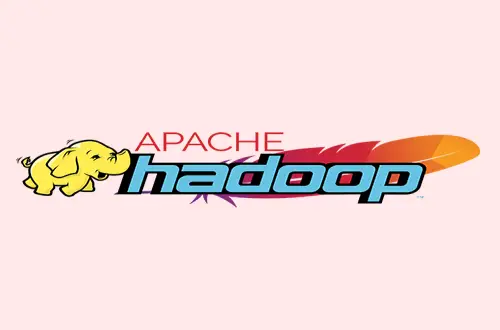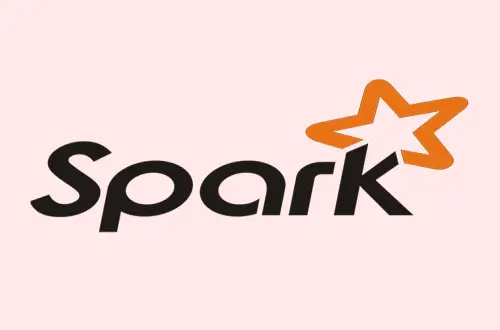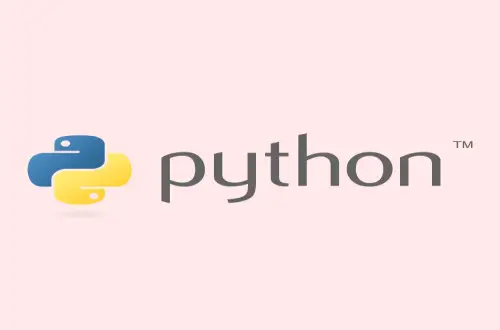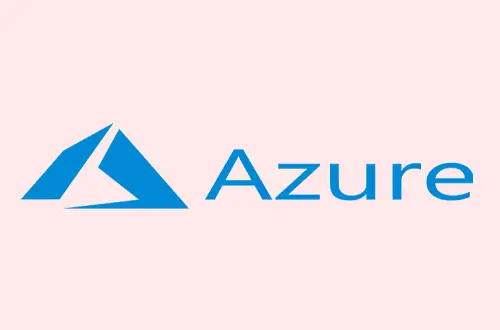Working Hours : Monday - Saturday: 08am - 05pm

Data Bricks
A Databricks course typically focuses on teaching the skills and tools needed to effectively use the Databricks platform for data engineering, data science, machine learning, and big data analytics. These courses are designed to help users understand the core features of Databricks, including its integration with Apache Spark, Delta Lake, and machine learning workflows. Many courses are available online through platforms like Databricks Academy, Coursera, Udemy, and edX, ranging from beginner to advanced levels. Here’s an overview of what you might expect from a Databricks course: 1. Introduction to Databricks Overview of Databricks Platform: Learn about the Databricks ecosystem and how it can be used for data engineering, data science, and machine learning. Databricks Architecture: Understand the components and structure of Databricks, such as workspaces, clusters, notebooks, and jobs. Navigating the Databricks Interface: Learn how to use the web interface to create and manage notebooks, clusters, jobs, and data pipelines. 2. Working with Apache Spark in Databricks Apache Spark Basics: Understand the fundamentals of Apache Spark, including RDDs (Resilient Distributed Datasets), DataFrames, and Spark SQL. Spark Session and Cluster Management: Learn how to manage and use Spark clusters within Databricks for distributed data processing. Data Processing with Spark: Learn how to read, write, and manipulate data using Spark's built-in functions in Databricks. 3. Data Engineering with Databricks ETL Pipelines: Learn how to build Extract, Transform, Load (ETL) pipelines in Databricks using Spark and Python, Scala, or SQL. Delta Lake: Understand how Delta Lake enhances data lakes by providing ACID transactions, data versioning, and schema enforcement. Data Pipelines: Learn how to create and manage scalable data pipelines for batch and streaming data using Databricks jobs. 4. Machine Learning in Databricks Machine Learning Lifecycle: Learn how to build and manage end-to-end machine learning models on Databricks. MLflow: Understand how to use MLflow for experiment tracking, model management, and deployment in a collaborative environment. Model Training and Hyperparameter Tuning: Learn how to train machine learning models, perform hyperparameter tuning, and evaluate model performance using Databricks. 5. Advanced Databricks Features Real-time Analytics: Learn how to process and analyze real-time streaming data using Spark Streaming and Databricks. Databricks SQL Analytics: Understand how to use Databricks SQL for querying large datasets and integrating with business intelligence (BI) tools. Data Visualization: Learn how to visualize data, create dashboards, and share results within Databricks notebooks. 6. Collaboration and Best Practices Collaborative Notebooks: Learn how to work with other team members using Databricks Notebooks, version control, and sharing. Cluster Management Best Practices: Understand how to optimize cluster usage for performance and cost-efficiency. Security and Access Control: Learn about setting up permissions and securing data within the Databricks environment. Recommended Databricks Course Providers: Databricks Academy: Databricks offers a comprehensive range of online training courses, certifications, and tutorials tailored to different roles (data engineer, data scientist, etc.). Coursera: Courses such as “Databricks for Data Engineering” and “Data Science on Databricks” are available, often in partnership with universities or other educational institutions. Udemy: Offers practical courses focused on specific Databricks use cases, such as machine learning and Apache Spark. edX: Provides courses on Databricks and big data, often with academic institutions. Certifications: Databricks also offers certification exams to validate your skills, such as: Databricks Certified Associate Developer for Apache Spark. Databricks Certified Professional Data Scientist. Databricks Certified Machine Learning Associate.
Student Feedback
0/5Based on 0 reviews








